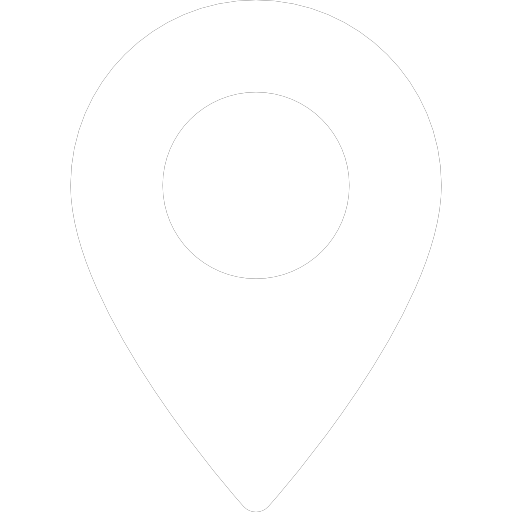Ambon of the Merovingian Church of Echternach
The lunch break that satiates
To get a good lunch, treat yourself to a no-frills museum outing that will whet your appetite. This quick and condensed formula allows you to familiarize yourself with a work or object from our collections, without taking up too much of your lunch break.
The two richly decorated coral limestone plaques were discovered in December 1951 during excavations inside the Basilica of Echternach. The archaeological research was carried out as part of the reconstruction of the Basilica between 1949 and 1953 after its destruction during the Second World War in 1944. When they were discovered, the plaques had been covering the tomb of a monk from the second half of the 8th century and had therefore been reused. There is no doubt that the two ambo plaques originally formed the side elements of the raised reading gallery from which the Bible is read during mass in the first abbey church of Echternach. This absolutely exceptional ensemble reflects the tradition of illuminations from the first scriptorium of Echternach in its decoration.
Where does it take place?
Nationalmusée um Fëschmaart
Fishmarket
Ville-Haute Luxembourg
Otherwise… check out the agenda

see all the things
to do around you
Hey, don’t go away...
Get the best
outings around you
All the best deals
events
spots













